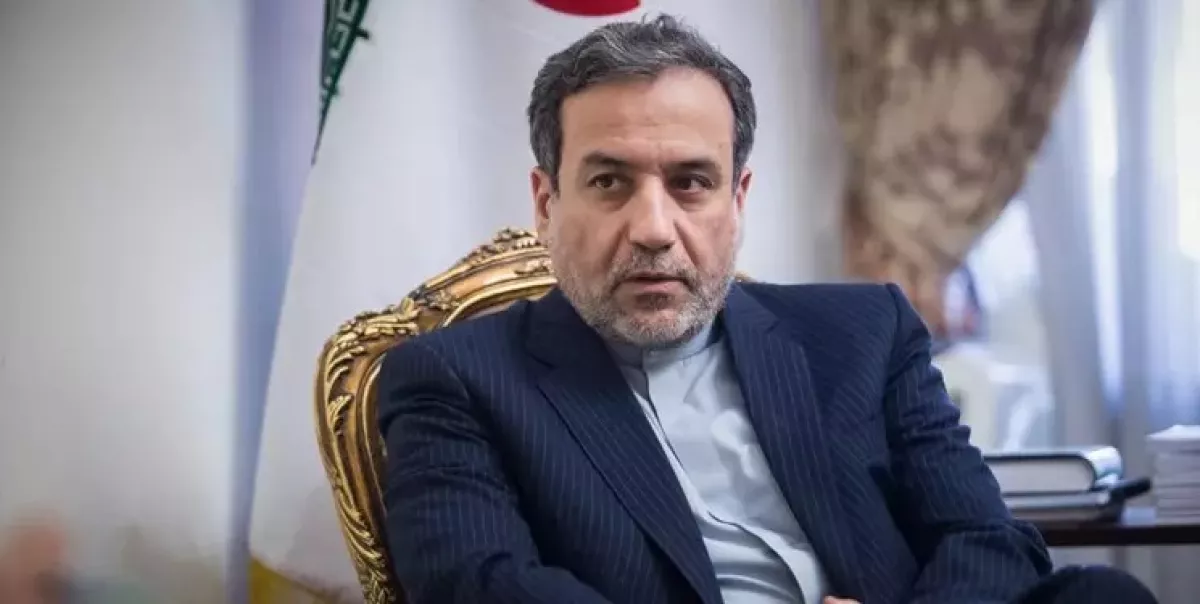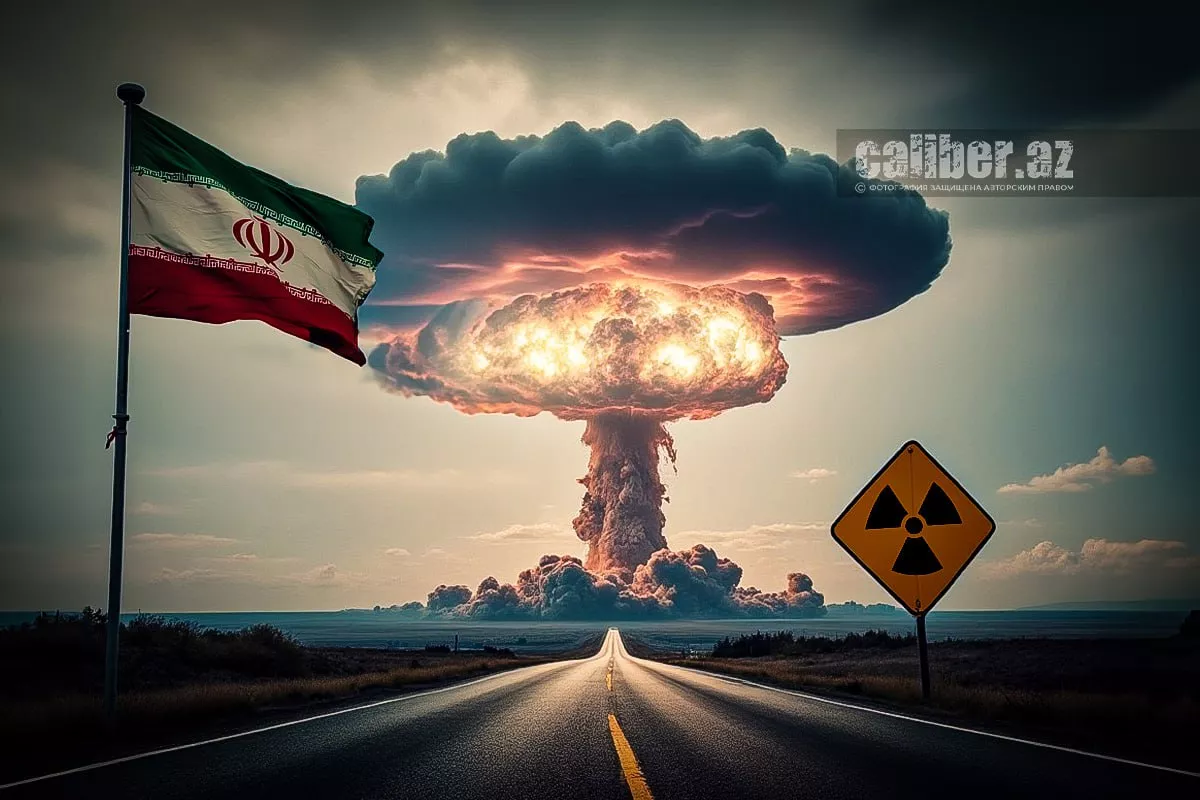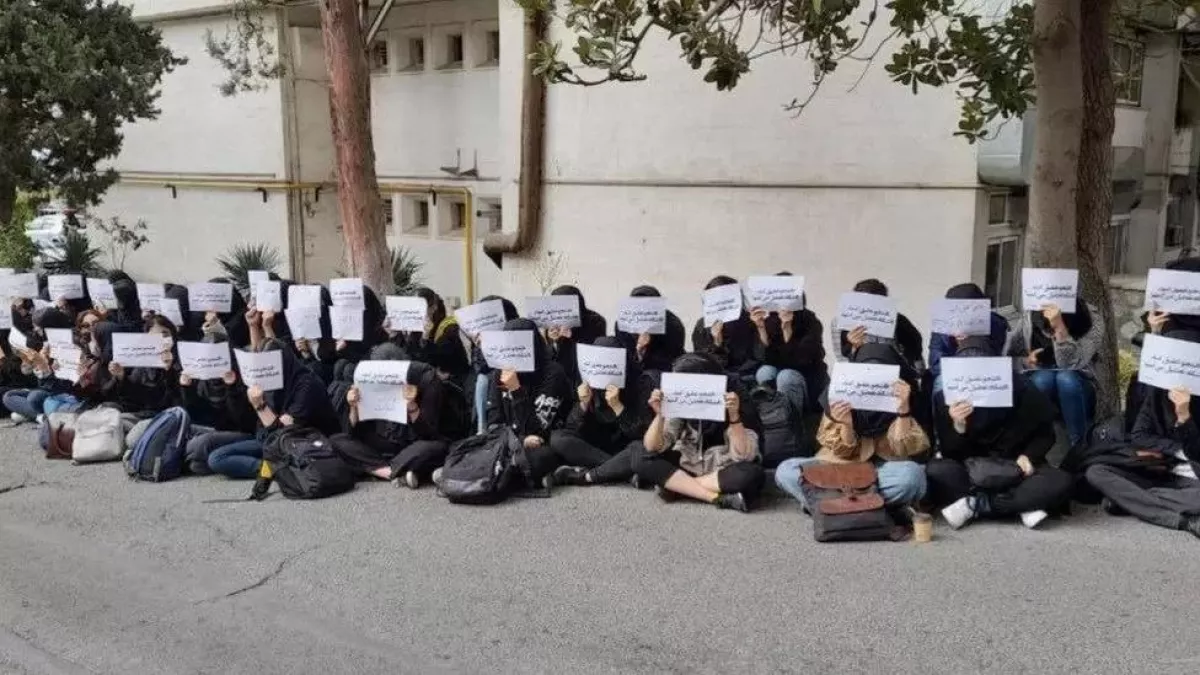Trump pressures, Iran dodges Are new bombings inevitable?
Journalists from the American network Fox News interviewed Iran’s Deputy Foreign Minister Abbas Araghchi. The statements made by the Iranian official suggest that a new escalation in the conflict between the US-Israeli coalition and Iran is almost inevitable. Araghchi said that Tehran is open to negotiations aimed at finding a "win-win solution" and is willing to participate in confidence-building measures to prove the peaceful nature of its nuclear programme. However, for now, Iran prefers indirect talks with the Trump administration. In return, the Islamic Republic expects the lifting of sanctions.
Araghchi added that Iran is ready to confirm that its nuclear programme is peaceful and will remain so forever, and that the country will never pursue nuclear weapons. However, uranium enrichment remains a matter of national pride: “We cannot give up enrichment because it is an achievement of our own scientists. And now, more than that, it is a question of national pride [...] We are not ready to give up something which is now a matter of dignity for the Iranian people.”

Everything else said by Iran’s foreign minister is secondary for the simple reason that, firstly, Washington has insisted on direct negotiations with Tehran, and secondly — and most importantly — the main US demand is that Iran abandon uranium enrichment entirely, even to the smallest degree. The United States wants Iran to fully dismantle its enrichment programme and to purchase enriched uranium abroad for civilian use. Trump’s goal is to deprive Iran of any potential capability to enrich uranium, since enrichment can be increased to weapons-grade level (90 per cent).

Iran was promised the lifting of economic sanctions—or at least partial relief—only if it agreed to the conditions laid out by the United States. At the same time, Trump vowed to launch strikes if Iran refused, and he fulfilled that promise when American warplanes attacked Iranian nuclear facilities, while Israeli Air Force jets destroyed the regime’s air defences and command centres during the recent 12-day war.
Now that Iran is once again refusing to comply with Washington's key demand, the question arises: how can it avoid further strikes from the US-Israeli coalition? It is difficult to imagine Trump backing down from his primary condition. After all, he had already spent several months negotiating with Iran, and when his demand was ignored, he responded with military action against Iranian nuclear sites, supported by the Israeli Air Force. These strikes either destroyed or significantly weakened Iran's nuclear programme, setting it back by years. So, now, after a series of relatively successful attacks that could easily be repeated, would the US president suddenly abandon the very demand that justified the entire campaign? It seems unlikely that Trump would retreat from his central condition. Which means that the US is likely to bomb Iran again—or at the very least, give Israel the green light for further attacks.

Equally important is the fact that the United States' main ally in the Middle East, Israel, aims not just to weaken but ideally to dismantle the Islamic Republic—its primary geopolitical adversary—by applying a long-standing strategy it has used in Syria, known as "mowing the grass." After Israel managed to all but destroy Iranian air defences in central and western Iran within a matter of days, it effectively gained control of Iranian airspace. Based on statements from Israeli officials, the intention is to use this advantage to continue weakening the regime in Tehran by destroying its defence and nuclear industries and preventing any restoration of its nuclear and missile capabilities. In parallel, strikes against command centres and infrastructure are meant to gradually disable the regime’s chain of command, facilitating the fragmentation and weakening of the Iranian state.
Let us recall that Israel had bombed Syria for years, gradually weakening and undermining the regime of pro-Iranian President Bashar al-Assad and his allies. In the end, it had worn him down to such an extent that the opposition’s offensive in November–December 2024 succeeded, leading to the fall of Damascus and Assad’s flight. Now, Israel appears both capable and willing to repeat this approach with Assad’s patron—Iran itself.
Some may argue that, unlike Syria, Iran has no armed opposition, or even a strong, organised political opposition. But that’s not entirely accurate. For instance, in several ethnic regions, armed Kurdish opposition groups are active. In the Azerbaijani-populated provinces, discontent with the regime’s nationalities policy runs deep and has repeatedly sparked mass protests. People are angry over the siphoning of resources to Persian-speaking regions, the absence of genuine local autonomy, and the lack of education in their native languages.
In addition to ethnic unrest, Iran is experiencing recurring waves of powerful strikes—organised not by traditional trade unions, but by workers' assemblies and clandestine grassroots groups. This scenario of militant, unmediated labour action mirrors what occurred in Iran on the eve of the Shah’s fall. In 1978–79, workers, impoverished and enraged, but trained in self-organisation and direct action, launched a general strike that paralysed the economy and began seizing factories to run under workers' self-management. At the same time, national regions—which make up half of Iran’s population—also rose up: Azerbaijanis, Kurds, and others.
This historical precedent suggests that beneath the surface of Iran’s tightly controlled political system lies a volatile mix of ethnic, social, and economic grievances. Israel, having observed this internal fragility, may aim to exploit it in its strategy to systematically dismantle the Islamic Republic from both the outside and within.

Economic, water, and energy crises are compounding Iran’s internal problems. As a result, 70 per cent of Iranians now live at or below the poverty line, while inflation has soared to 40 per cent. People routinely face water shortages, and during both the harsh winter cold and sweltering summer heat, they experience rolling power outages. This situation is the combined result of harsh US economic sanctions and years of mismanagement by Iranian authorities.
Taken together, these challenges are more than capable of triggering a nationwide uprising—especially if the regime is further weakened. In fact, major protests already erupt in Iran every few years (2018, 2019, 2022), so another wave of unrest is only a matter of time.
Even if the US-Israeli strategy does not succeed in bringing about regime change in Tehran, it may still severely weaken the Islamic Republic and deprive it of key capabilities—namely its nuclear, missile, and other strategic tools.
In this context, Araghchi’s recent statements make further strikes against Iran seem all but inevitable. Moreover, Washington may not even need to carry them out directly. It could simply give Israel the green light. Supporting this scenario is the fact that the United States continues to supply Israel with large quantities of the most advanced weaponry, including thousands of precision-guided bunker-busting bombs—designed specifically to destroy underground government bunkers and other high-value military or defence-industrial targets.








